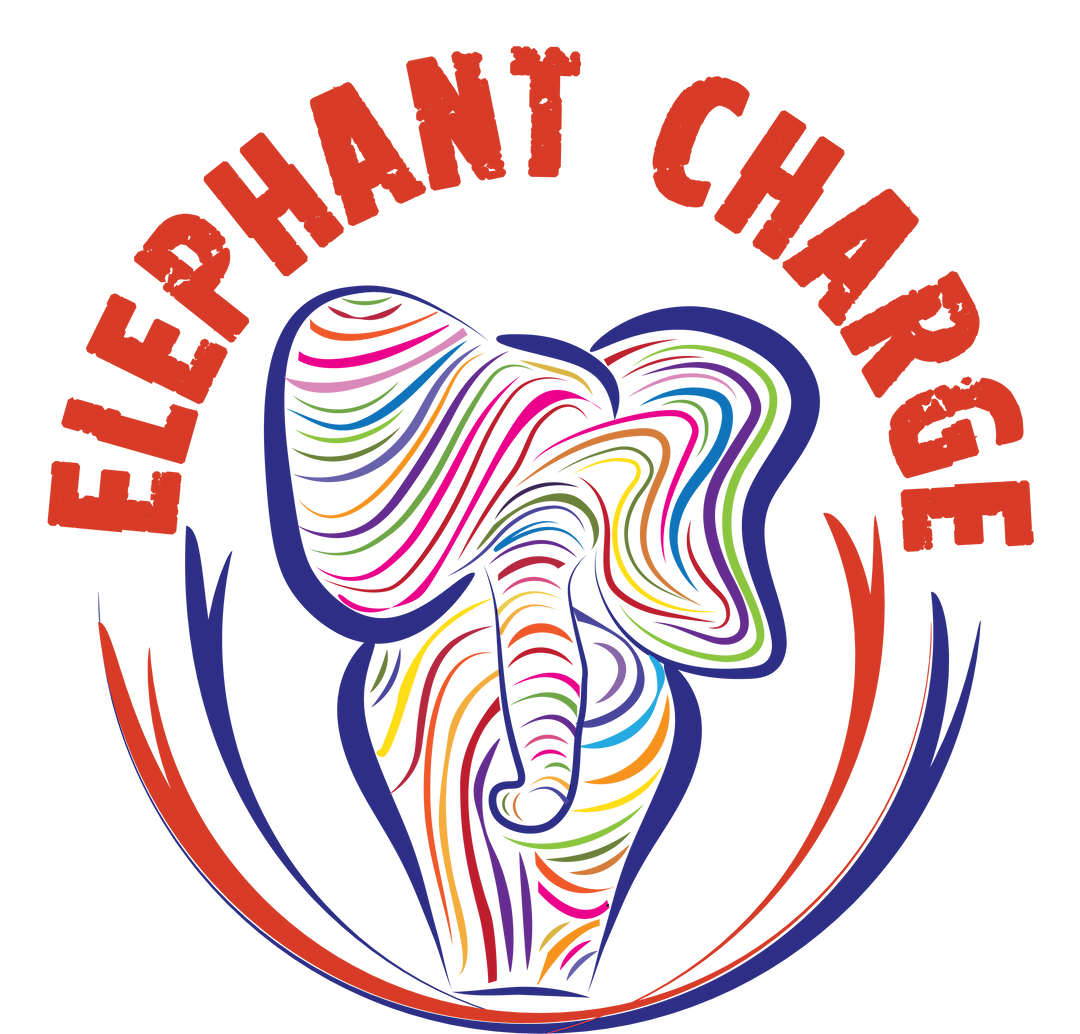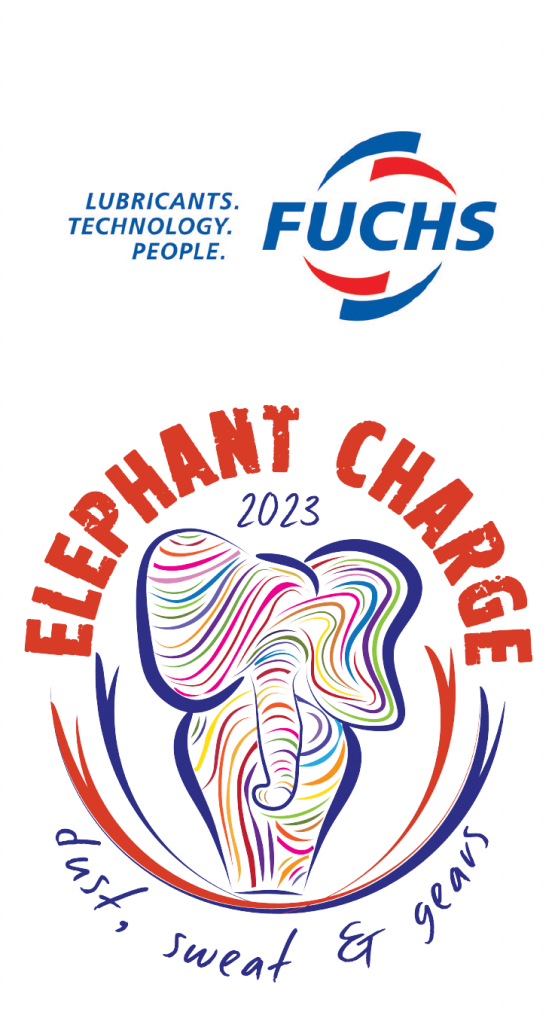INTRODUCTION
The Fuchs Elephant Charge is a motor sport event in which teams will be required to visit 10 checkpoints while travelling the shortest possible distance across difficult, trackless terrain.
Speed is not a necessity. The event is organised to raise funds to support the activities of the Charge Charities.
The Fuchs Elephant Charge is organised by Elephant Charge Zambia Ltd on a not-for-profit basis.

